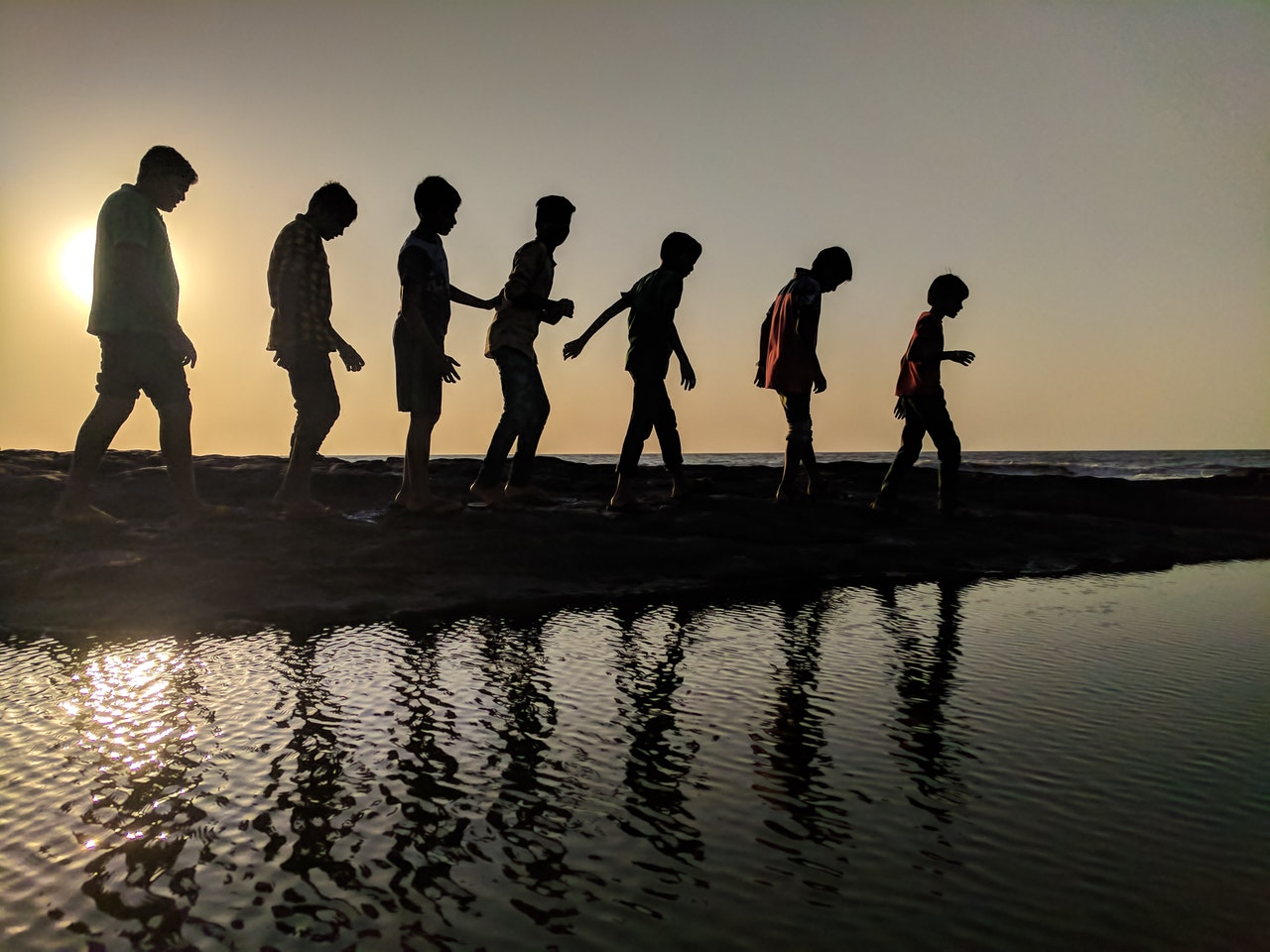
TORONTO — Youth in Ontario’s child welfare system who pass the cut-off age during the COVID-19 pandemic will remain in care, says a new moratorium issued by the province.
That means the 800 to 1000 young people who would age out of state care this year in Ontario won’t face losing their home, caregivers and financial supports while also navigating the pandemic.
Other provinces have not made the same commitment, raising fears that hundreds of youth will end up couch surfing or sleeping on the streets at a time that physical distancing is recommended, and housing, employment and community supports are not easily accessible.
“No young person should be worried about losing their support system in this situation,” said Hannah Anderson, a spokeswoman for the Ministry of Children, Community and Social Services.
“We have officially filed a regulation so that throughout the COVID-19 outbreak, no youth in care or former youth in care in Ontario will age out of the supports and services they are currently receiving through children’s aid societies.”
While age cut-offs vary across the country, children who grow up in foster care typically lose that placement and their caregivers at the age of 18.
“They are essentially evicted from foster care,” says Jane Kovarikova, founder of Child Welfare Political Action Committee Canada and a former foster child herself. She says that some then get an allowance and other supports to live independently until 21 but others receive no supports after 18.
The new Ontario regulation directs child welfare agencies to provide the same level of support that is currently being received throughout the pandemic for youth who would otherwise age-out of the system.
Advocates welcomed the step.
“Children in the care of the Canadian child welfare system are particularly vulnerable to the deleterious impacts of pandemics?Issuing a moratorium on youth aging out of care is an important acknowledgment of our profound responsibility to meet the needs of youth and I applaud this action,” said Barbara Fallon, Canada Research Chair in Child Welfare at the University of Toronto.
Across the country, many have been advocating for this change. The Child Welfare League of Canada issued a statement earlier in the week calling on all governments to “immediately and indefinitely” suspend legislated aged cut-offs for youth reaching the age of majority.
“Youth are worried and need clear reassurance that all of their provinces will have their back,” says Rachel Gouin, the group’s executive director.
“Once youth age out, many experience homelessness or increased mental health problems, as well as food insecurity and isolation,” says Alisha Bowie, aging-out program manager for the Adoption Council of Canada, who was involved with the child welfare system as a child. She says that outcomes for youth leaving care are not good at the best of times. “Now with the pandemic, it will be harder to access services.”
Outside Ontario, many continue to advocate for change during the pandemic.
Susan Russell, organizer for Fostering Change in B.C., has been campaigning for improved support for these youth for years. As a former child in foster care herself, she says two of her siblings transitioned from the system without supports and did not survive into adulthood.
British Columbia has 700 youth each year who leave state care at the age of 19, she said.
“I want all youth to look forward to their 19th birthday,” Russell said, but most face the reality of trying to find housing and support themselves on a maximum of $1,250 per month, and officials have told her that although they are reviewing the issue, not to expect a moratorium similar to Ontario’s.
Meanwhile in Alberta, which had the highest age cut-off for services at 24, new legislation was already scheduled to come into effect on April 1 to reduce the age to 22, says Bowie, of the Adoption Council of Canada.
“As far as we know there is no extended support being offered in Alberta. That means about 500 young people in that age group will be losing their financial support and the support of their worker. We’re all very worried.”
— Michelle Ward is a pediatrician, associate professor and journalist in Ottawa. She is currently a fellow in global journalism at the Dalla Lana School of Public Health at the University of Toronto.